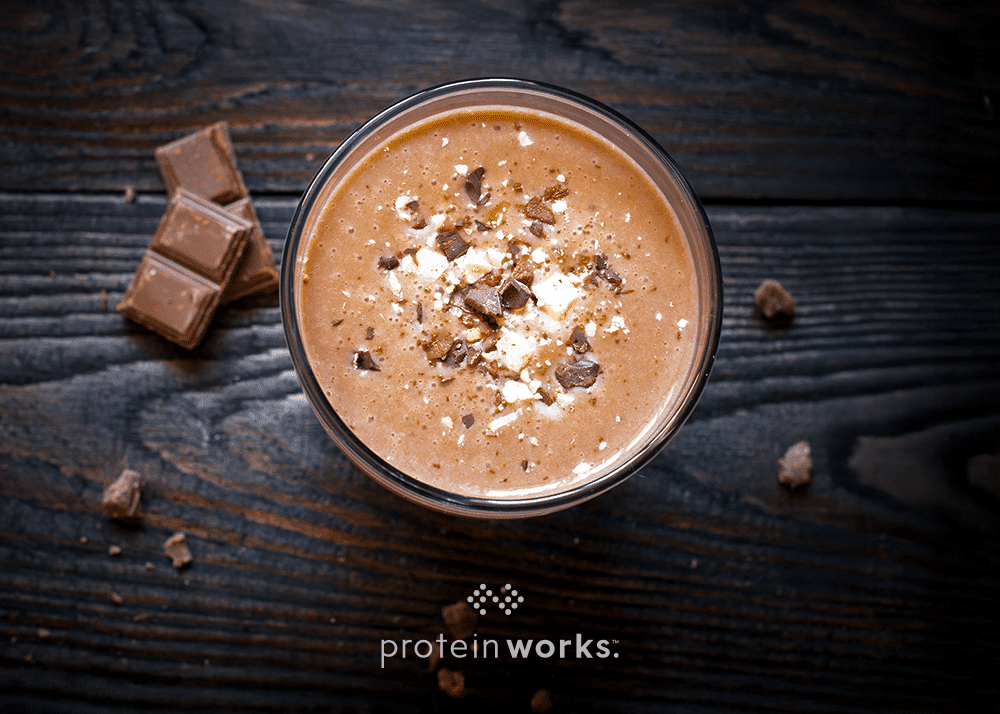If you’re a dedicated runner or gym enthusiast, you probably have your favorite go-to recovery drinks lined up after a workout. But have you ever considered that a childhood classic could be just as effective? Chocolate milk has been gaining popularity among runners recently for its purported recovery benefits, and we’re here to explore whether there’s any truth to this trend. From understanding what happens to your body post-workout to how chocolate milk could potentially enhance your recovery process, let’s dive into whether this nostalgic beverage could be the solution your body craves.
After a workout, your body needs to replenish the energy it has expended. It returns to a resting state, with your heart rate and breathing gradually slowing down, while your muscles begin repairing any minor tears in the fibers. To support this repair process, your body requires four essential components: carbohydrates, protein, electrolytes, and fluids.
Carbohydrates replenish your glycogen stores, preventing fatigue and sustaining your energy levels. Protein aids in muscle repair and growth, which is crucial for muscle building and overall fitness progress. Electrolytes replace the minerals lost through sweat during your workout, while fluids rehydrate your body.
So, how does chocolate milk stack up in terms of facilitating these recovery processes?
The nutritional profile of chocolate milk typically involves mixing cow’s milk with cocoa, sugar, or sweeteners. In comparison to regular milk, chocolate milk contains higher levels of carbohydrates and calories. A standard 250ml serving provides approximately 206 calories, 8 grams of protein, 26 grams of carbs, 24 grams of sugar, and 8.4 grams of fat. Additionally, it offers essential nutrients such as calcium, vitamin D, riboflavin, potassium, and phosphorus.
The protein composition in milk consists of 80% casein and 20% whey, making it an excellent source of slow-release energy post-workout. With a balanced carb-to-protein ratio of around 3:1, chocolate milk is ideal for glycogen resynthesis. The minerals and nutrients present in chocolate milk, particularly calcium and vitamin D, contribute to overall recovery and well-being.
However, it’s essential to be mindful of the added sugar content in chocolate milk, which could exceed your daily recommended intake if consumed excessively. With 1.5-2 times more sugar than regular cow’s milk, it’s crucial to monitor your sugar consumption to avoid overindulgence.
Numerous studies have demonstrated that chocolate milk is as effective, if not more so, than commercial sports drinks in promoting post-exercise recovery. It has shown evidence of enhancing endurance in subsequent workouts and reducing muscle soreness. While chocolate milk offers several benefits as a recovery drink, it also has some drawbacks to consider.
On the positive side, chocolate milk is more affordable and readily available than specialized sports recovery drinks. It provides a balanced blend of carbohydrates, protein, and natural hydration, making it a convenient option for long-distance runners or individuals engaging in intense workouts.
However, the added sugar content in chocolate milk may not be suitable for individuals watching their sugar intake or those engaging in less strenuous physical activities. Additionally, chocolate milk is a dairy-based product, making it unsuitable for vegans or lactose-intolerant individuals. For those concerned about calorie density or seeking specific additional ingredients for recovery, tailored sports recovery formulas may be more suitable.
For vegan or lactose-intolerant individuals, plant-based alternatives to chocolate milk are available. These options, such as oat, soy, or pea-based chocolate milks, offer similar carb-protein ratios but may vary in protein content and mineral fortification. It’s essential to read labels carefully to choose a plant-based chocolate milk with comparable nutritional benefits to dairy milk.
In conclusion, chocolate milk can serve as an effective recovery drink, particularly for individuals engaging in rigorous or prolonged workouts. While it’s not a necessity for exercise recovery, chocolate milk can be a convenient and enjoyable option for replenishing energy stores and supporting muscle repair. Consider trying chocolate milk as a post-workout recovery drink and observe how your body responds. And if you prefer a purpose-made, protein-packed alternative, explore our range of protein shakes for a variety of options to suit your preferences.
References:
– Healthline: Is Chocolate Milk Good for You, or Bad?
– Karp, Jason R et al. (2006). Chocolate milk as a post-exercise recovery aid.
– Kerksick, Chad et al. (2008). International Society of Sports Nutrition position stand: nutrient timing.
– Pritchett, Kelly, and Robert Pritchett. (2012). Chocolate milk: a post-exercise recovery beverage for endurance sports.
– Thomas, Kevin et al. (2009). Improved endurance capacity following chocolate milk consumption compared with 2 commercially available sport drinks.


